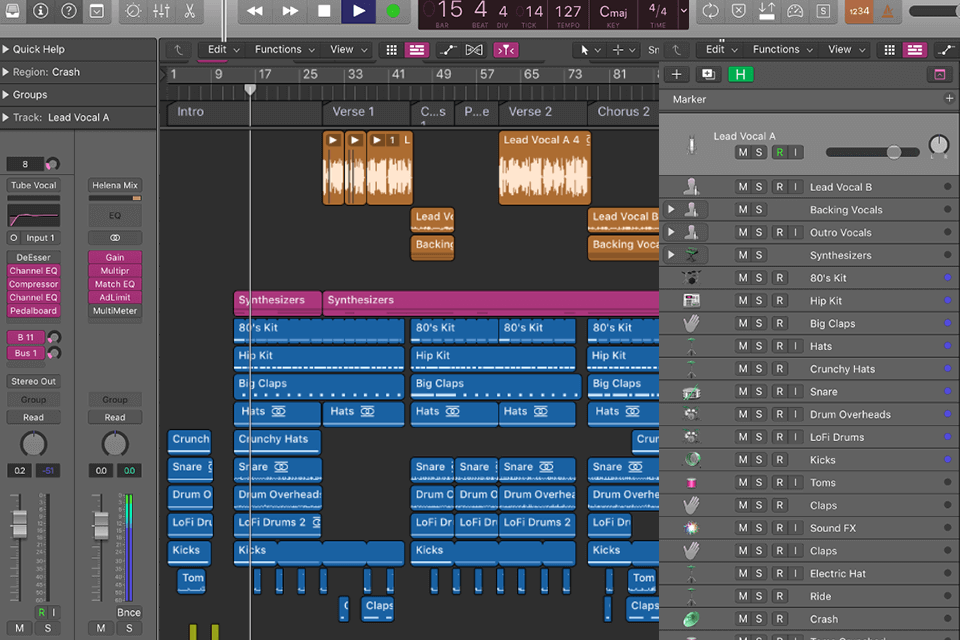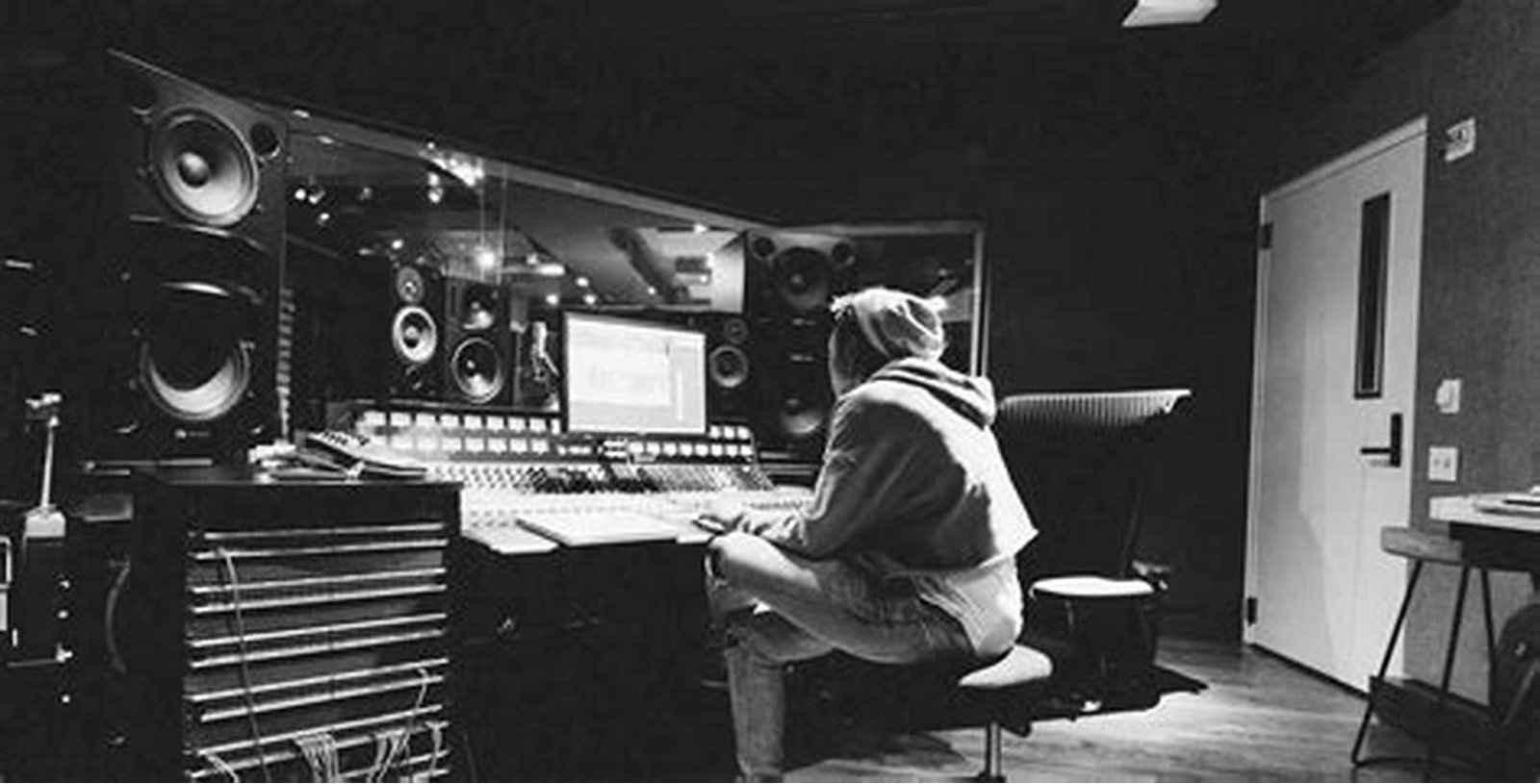A producer plays an integral role in both the mixing and mastering stages of music production, helping to shape the overall sound and ensuring the track meets professional standards. While the mixing and mastering process involves a range of technical skills, the producer’s influence is crucial to achieving the desired sound. This article will outline how producers contribute during these stages and how their decisions impact the final product.

Understanding the Producer’s Role in Mixing
The mixing stage is where the individual elements of a song—vocals, instruments, and effects—are blended together. While the mix engineer is primarily responsible for the technical side of mixing, the producer’s role is to guide the process creatively. They ensure that the mix aligns with the artistic vision of the track and that all elements serve the song’s intended mood and style.
Creative Input in Mixing
The producer often makes key decisions regarding how the track should sound, including the balance between instruments, the placement of vocals, and the overall tone. They may suggest EQ adjustments, changes in instrumentation, or new layers to enhance certain parts of the song. For instance, they could decide to bring out the bass more in the mix or apply subtle effects to the vocals to add depth.
Ensuring the Track’s Cohesion
Producers also ensure that the track remains cohesive throughout the mixing process. If different sections of the song sound disjointed, the producer works with the mixing engineer to adjust levels, panning, and effects to create a seamless listening experience. Their goal is to maintain the integrity of the song while enhancing its emotional impact.
The Producer’s Influence in Mastering
Mastering is the final step of music production, where the track is prepared for distribution across various platforms. Although the mastering engineer is primarily responsible for this stage, the producer’s input still plays a key role in ensuring that the track sounds polished and cohesive.
Finalizing the Song’s Sound
The producer helps oversee the mastering process by reviewing the track and offering feedback. Their main responsibility is ensuring that the mastering engineer’s adjustments align with the song’s vision. The producer may request adjustments to the overall volume, EQ, or stereo imaging to make sure the track sounds balanced across different listening environments, from headphones to large speakers.
Format and Distribution Considerations
The producer is also involved in determining the final format for distribution. Whether the track is being released as a single, included in an album, or submitted for digital streaming platforms, the producer ensures the master meets the required specifications. This includes checking the track’s loudness, dynamic range, and ensuring it’s optimized for various formats (CD, vinyl, streaming, etc.).
Collaborating with Engineers
Both during the mixing and mastering stages, the producer collaborates closely with sound engineers. While engineers are responsible for executing the technical aspects of the mix and master, the producer provides artistic direction, helping to shape the final product. They ensure that the technical adjustments support the artistic goals of the song.
Mixing Engineer Collaboration
During mixing, the producer may guide the mixing engineer on how to approach certain sections of the track. For example, if the producer wants a particular instrument to stand out or if they want a specific effect applied to the vocals, they communicate these ideas to the mixing engineer. The producer’s role is to oversee the creative decisions that ensure the final mix is true to the original vision.
Mastering Engineer Collaboration
Similarly, the producer works with the mastering engineer to ensure the track’s final version sounds as good as possible on all playback systems. They review the mastered track and make adjustments if necessary. Their involvement ensures that the song is ready for release, with the proper balance of clarity, loudness, and dynamics.
Maintaining Artistic Vision
Ultimately, the producer’s main responsibility in both mixing and mastering is to preserve the artistic vision of the song. They work to enhance the track’s emotional impact and ensure that the final product resonates with the audience. Whether through adding subtle effects during mixing or overseeing the final adjustments in mastering, the producer ensures the track reaches its full potential.
Conclusion
The producer plays an indispensable role in the mixing and mastering process, guiding both creatively and technically. Their decisions throughout these stages influence the overall sound and emotional impact of the song. From shaping the mix to overseeing the final master, the producer’s expertise helps transform a raw recording into a polished track ready for release. With their deep understanding of both the artistic and technical sides of music production, the producer is key to ensuring the track sounds as great as possible, across all listening platforms.











